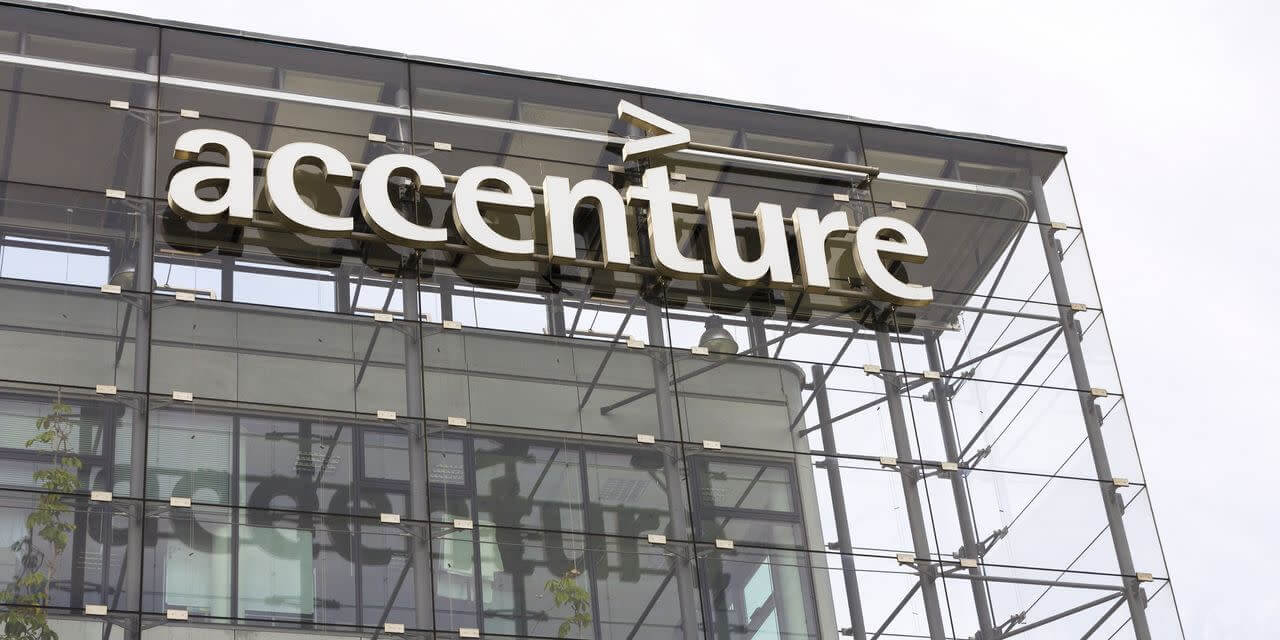On Tuesday, Accenture, the IT services provider, projected second-quarter revenue that falls short of Wall Street estimates. The company foresees cautious client spending persisting due to ongoing macroeconomic uncertainty.
Analysts anticipate a continuation of restrained IT services expenditure in the near term, particularly as businesses traditionally finalize their annual budgets post-February. Accenture itself noted a deceleration in decision-making concerning budgets, notably within the technology and media sectors.
Within Accenture’s revenue breakdown, the communications, media & technology industry group experienced a 10% decline in the first quarter. Concurrently, sales from North America, the company’s largest market, dwindled by 1%, amounting to $7.56 billion.
CEO Julie Sweet highlighted the impact of reduced discretionary spending on their consulting work during an earnings call with analysts, attributing lower spending to the prevalent economic conditions. Sweet expressed concern over the lack of positive signs in the current economic environment.
Accenture’s competitors in the outsourcing domain, including Tata Consultancy Services (TCS.NS) and Infosys (INFY.NS), reported weaker performance and trimmed revenue forecasts due to clients’ hesitancy to invest in discretionary projects.
Prior to the market’s opening, Accenture’s shares saw a 2.6% decline.
Despite the forecasted Q2 revenue dip, the company remains steadfast in its fiscal 2024 projections for revenue growth and profit. It anticipates a boost from substantial digital transformation deals materializing in the latter half of the fiscal year.
In the first quarter, Accenture recorded sales exceeding $450 million in generative artificial intelligence (GenAI) and foresees a shift among clients from experimenting to scaling up GenAI projects by 2024.
Accenture’s revenue for the first quarter, ending Nov. 30, increased by 3% to $16.22 billion. However, for the upcoming quarter, the company expects revenue in the range of $15.40 billion to $16 billion, falling short of analysts’ forecast of $16.29 billion, as per the LSEG poll.





